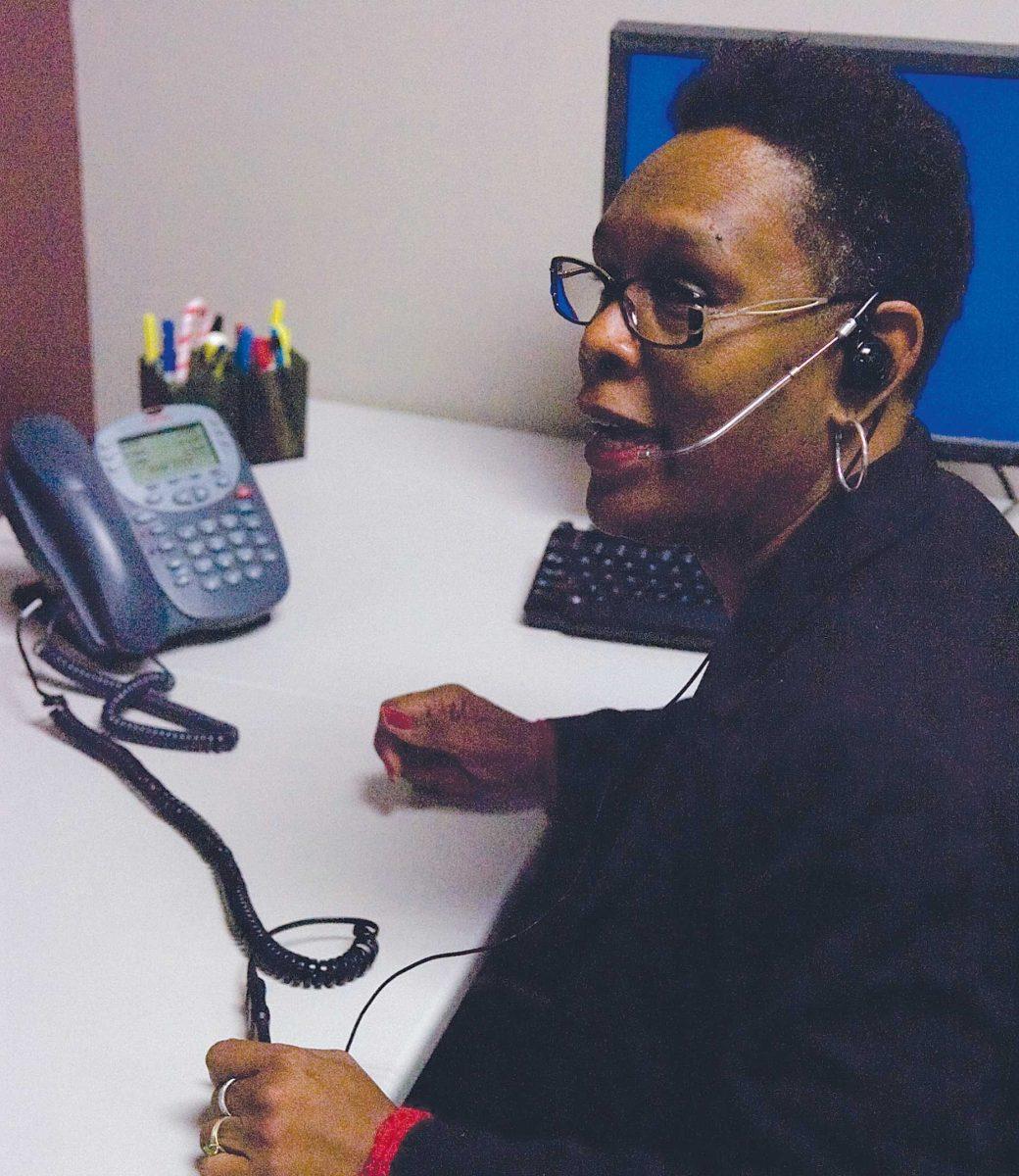The beloved, raspy voice of the woman lovingly dubbed “Ms. Betty,” who has greeted the community on the receiving end of Campus Information for nearly three decades, has left the University and, with her departure, came the end of an era.The final person to hold the title of switchboard operator, Betty Johnson, retired March 31 after 29 years at the University. Those 29 years saw Information Technology Services move to its present home in the Frey Computing Services Center from its previous location in David Boyd Hall, the shift toward computers and the University’s adoption of the 578 telephone exchange.”I watched it change,” Johnson said of the evolution of telecommunications at the University. “When I started in 1980, we didn’t have computers then. We used books to look up our numbers. Now they don’t even have a book.”Before the 578 exchange and WiFi accessibility throughout campus, calls to Campus Information were more frequent and, according to Johnson, more colorful. One of Johnson’s most interesting experiences was receiving a phone call from someone complaining about a gecko infestation in their home. Johnson, who said she always “tried to help as much as [she] could,” forwarded the call to Knapp Hall where help was available.Another phone call — or series of calls — Johnson said stood out during her time were phone calls from students looking for the infirmary after Mardi Gras festivities.”I listen to them,” Johnson said. “And when they get through telling me, I say, ‘Let me give you this department, and they can try to help you.'”Sandra Hodges, former supervisor of the Telephone Office, worked with Johnson as a coworker and supervisor for nearly 20 years. Of everyone Hodges supervised during her nearly three decades at the University, she said Johnson stood out as a valuable coworker and friend.”Betty’s dependable. Betty would do anything you would ask her to,” Hodges said. “She was a single mother; she raised her son by herself. He turned out great.”Another significant change to University telecommunications during Johnson’s tenure was the shift to primarily 578 numbers in the late 1990s. Ric Simmons, Information Technology Services executive director, said the transfer to 578 numbers — which spell out LSU — occurred when the 225 area code was created for the Baton Rouge area. The change made 10,000 different phone numbers with the 578 exchange available to the University. About 9,800 of the numbers are in use while there are an additional 6,000 numbers available to the University with the 334 exchange.Before the 578 transfer, the University had about 6,000 numbers of the 388 exchange along with 346 and 334 exchanges.Since her start at the University in 1965, Hodges has seen the telecommunication and University culture evolve during the last 44 years.Hodges described the University telephone system she operated in the ’60s as dramatically different from the present. The initial system, which lit up rather than ringing, had a board with connections for each department and two cords. One cord was plugged in to answer the phone call while the other cord was plugged in to connect the caller with the appropriate phone line.Whenever the phone calls were not answered by the intended recipient, operators were responsible for informing the person on the line.”You had to be quick enough to take it down so another call could ring,” Hodges said.Looking forward to her retirement, Johnson said she’s planning a trip to visit her grandchild and a life of rest.—-Contact Lindsey Meaux at lmeaux@lsureveille.com
Switchboard operator says goodbye
April 14, 2009
Betty Johnson, aka “Ms. Betty,” works at her desk March 31.




